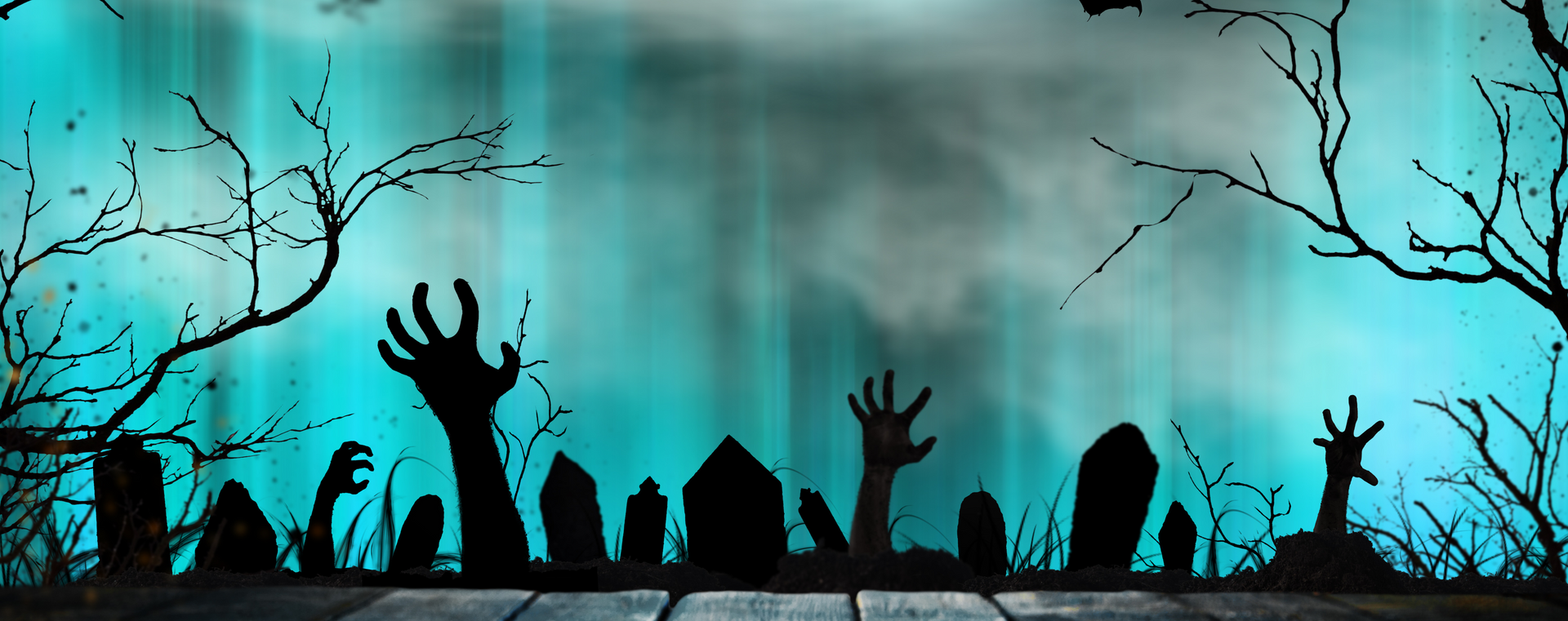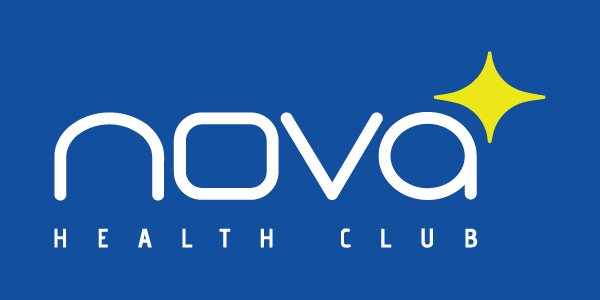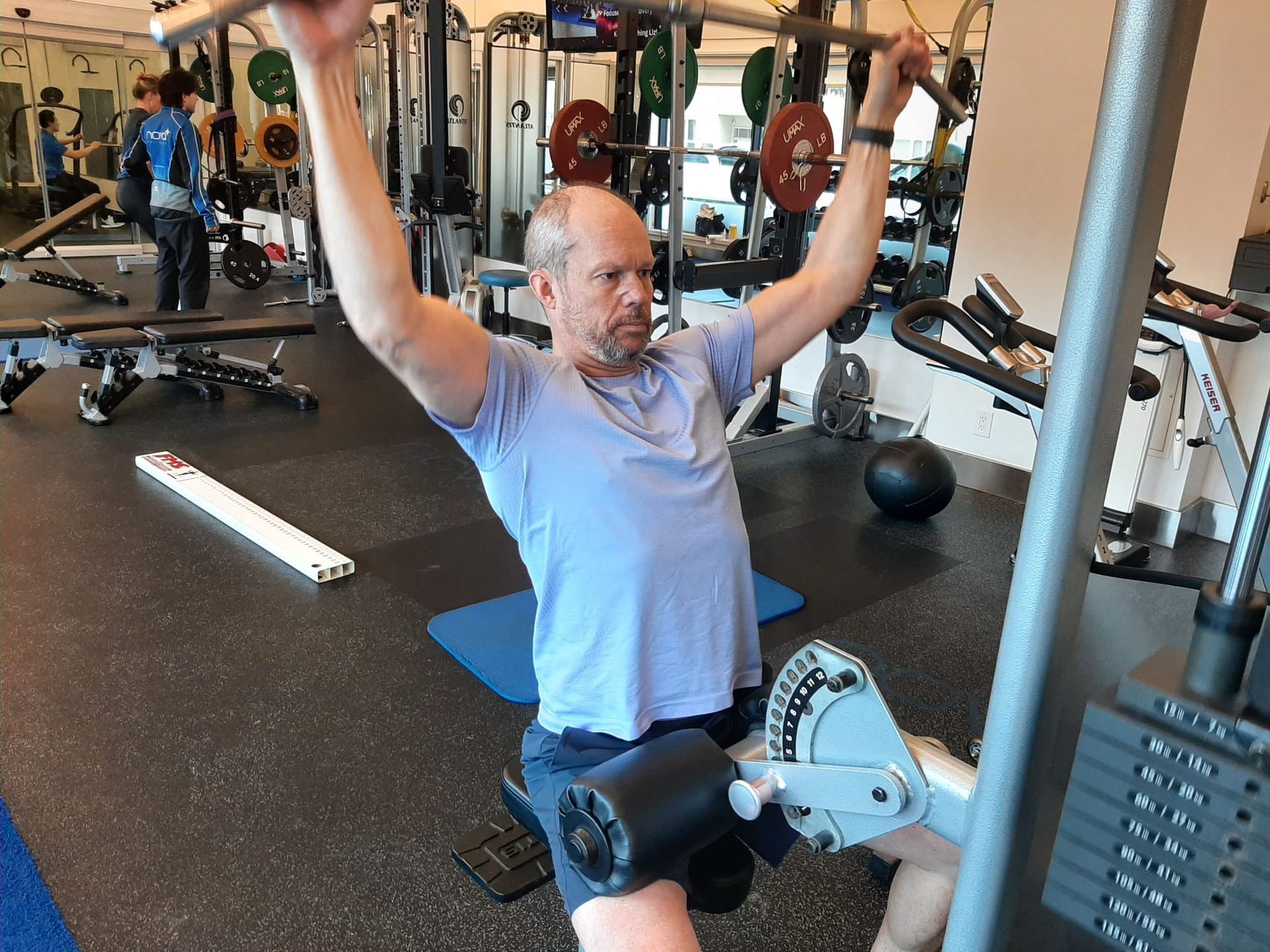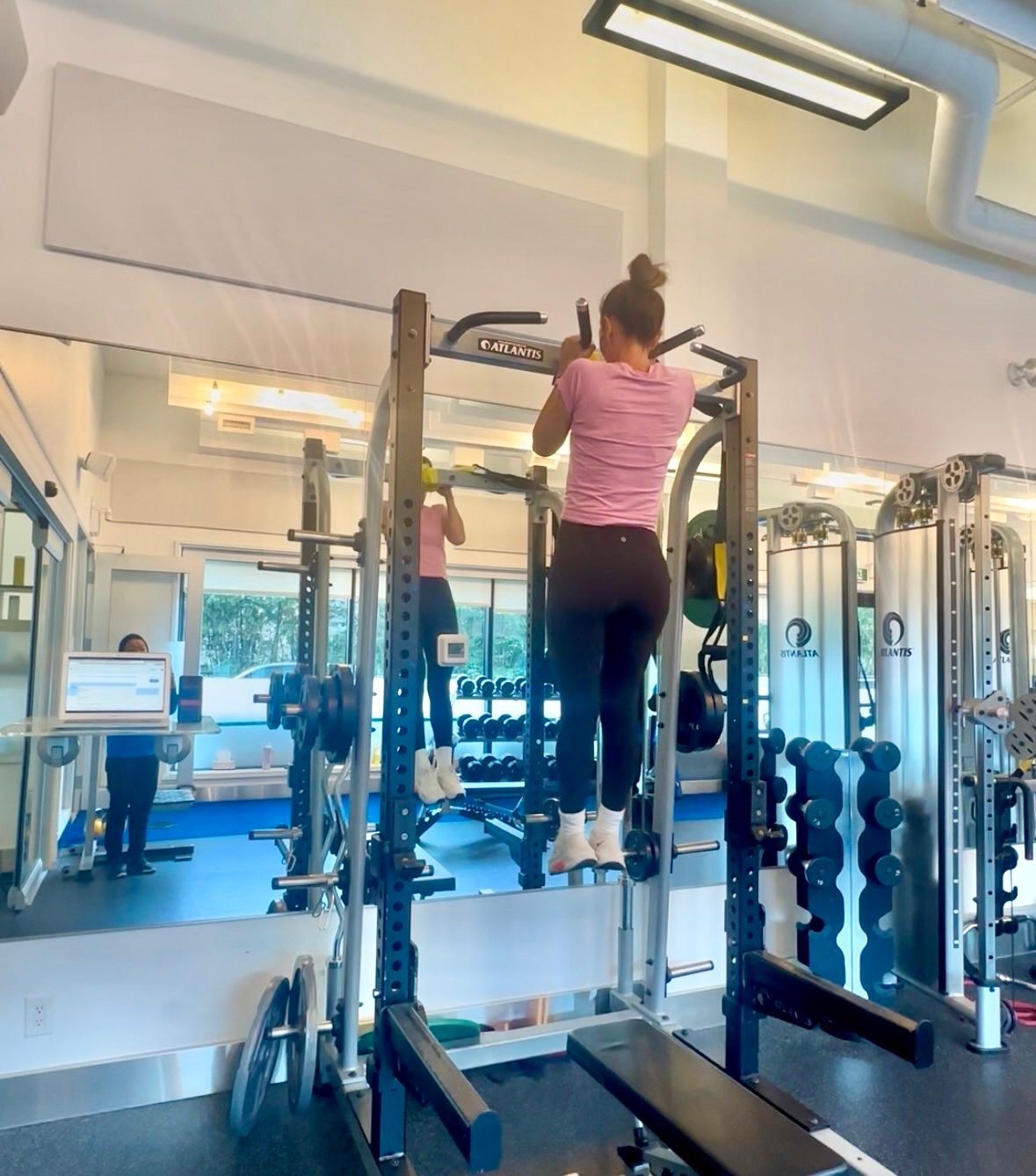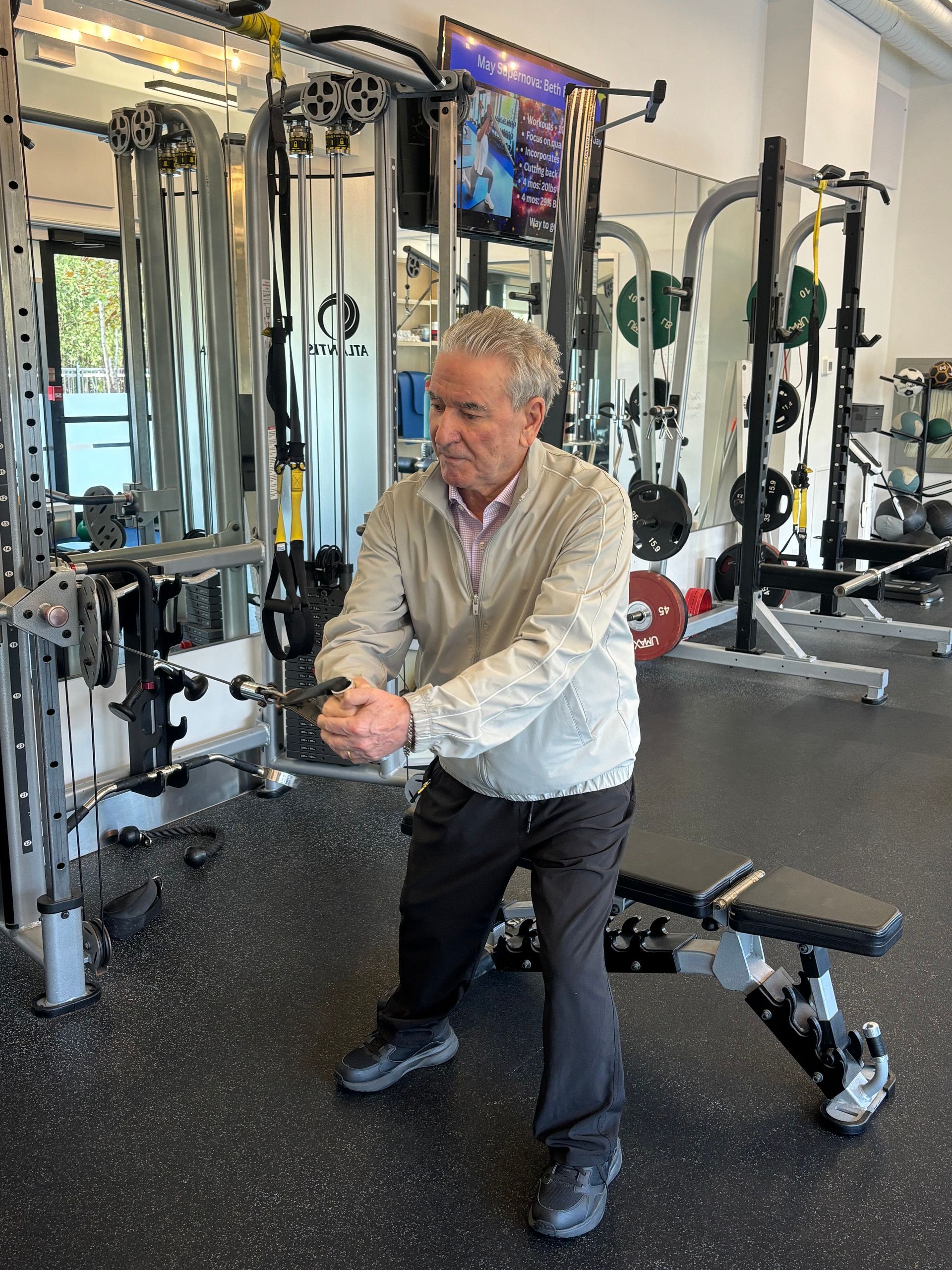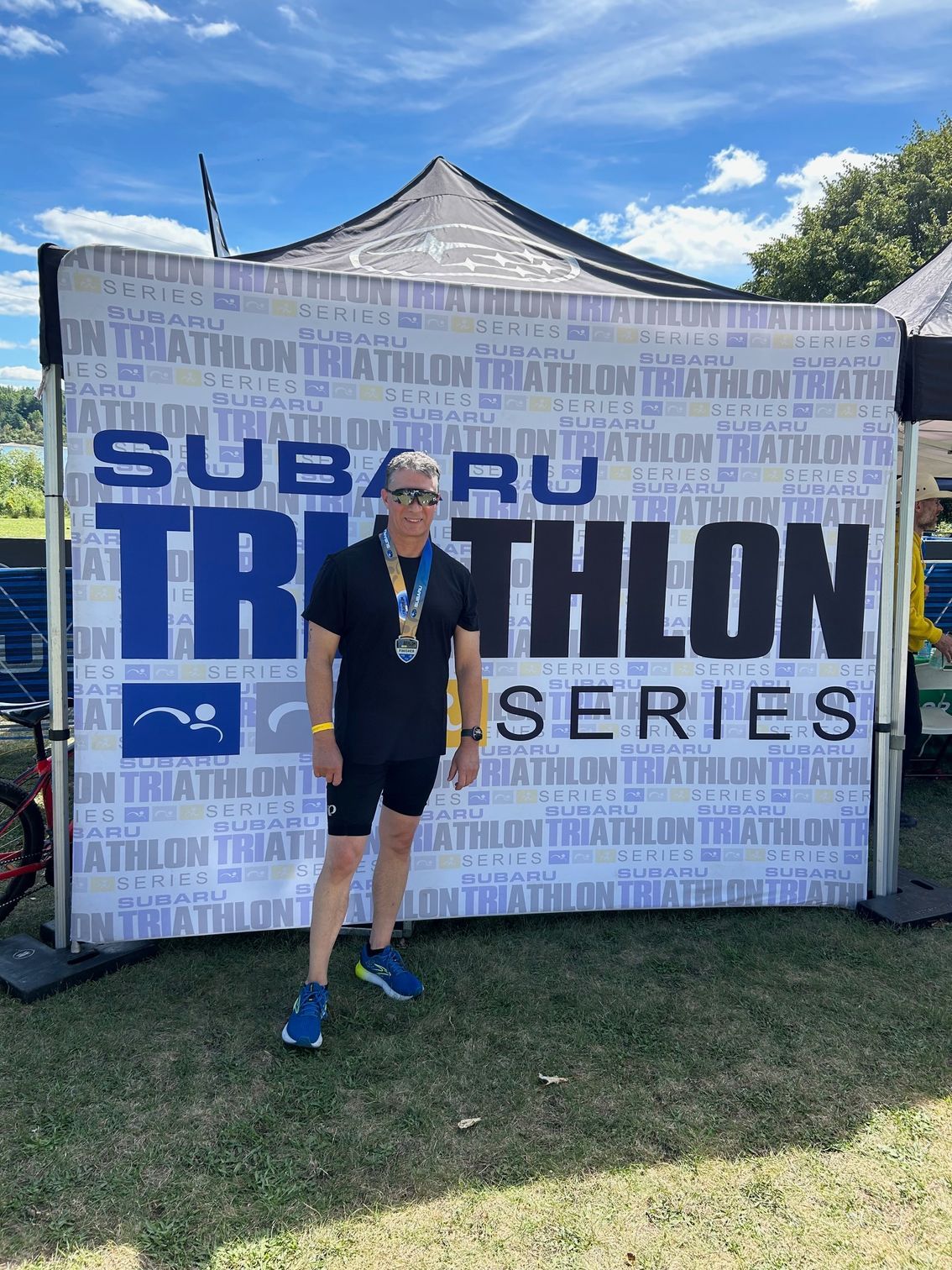Managing & Overcoming Chronic Pain
We’ve all had pain and injuries in our life and for most of us, pain is usually short lived, healing within a reasonable amount of time (depending on the injury of course). However for some, pain can become chronic either not healing at all or recurring time and time again.
When I was a young personal trainer I thought I was pretty good at fixing injuries. Indeed I was good with acute injuries, I had no answers or any appreciation for chronic pain. When working with clients experiencing chronic pain, I was persistent in my belief that we simply needed to discover the appropriate physical rehabilitation approach. If we continued to flip over rocks, we would find an exercise for example that I did not know.. Or perhaps it wasn’t diagnosed properly… Or perhaps it was the client just not giving it their full attention. Even the clients did not fully understand chronic pain and trusted me with my ideas.
Fast forward 20 years and I have a completely different view of chronic pain. While it can be managed very well with exercise, you have to be consistent each day with exercises and healing it completely is sometimes not possible with exercise alone.
What is Chronic Pain?
Chronic pain is persistent pain that lasts for an extended period, typically longer than three to six months, beyond the normal time for tissue healing. Unlike acute pain, which is a normal sensation that alerts us to possible injury or harm, chronic pain lasts over time and may not be directly related to ongoing tissue damage.
Read that last part again: …”chronic pain may not be directly related to ongoing tissue damage.”
And that is exactly what I was missing as a young trainer and what many coaches and clients are missing today when dealing with chronic pain - it is NOT always related to a problem with the body where the pain is being experienced.
What Causes Chronic Pain?
The body is just as complex as it is miraculous. Which means pinpointing the exact root of chronic pain can be very challenging. That said, some common causes of chronic pain can include the following:
- Underlying Medical Conditions: Arthritis, fibromyalgia, chronic fatigue syndrome, inflammatory bowel disease, and certain neurological disorders can lead to chronic pain.
- Injury or Trauma: Previous injuries, accidents, or surgeries can result in chronic pain, even after the initial injury has healed.
- Nerve Damage (Neuropathic Pain): Damage to the nerves, either from injury, disease, or conditions like diabetes or multiple sclerosis, can lead to chronic pain characterized by shooting, burning, or tingling sensations.
- Psychological Factors: Emotional stress, anxiety, depression, and other psychological factors can contribute to the experience of chronic pain and its impact on daily life.
- Lifestyle and Environmental factors: Poor posture, sedentary lifestyle, obesity, poor nutrition, smoking, inadequate sleep, exposure to toxins, pollutants, or allergens may contribute to chronic pain or exacerbate existing pain conditions.
Chronic pain is often multifactorial, and addressing the underlying causes and contributing factors may require a comprehensive and multidisciplinary approach involving medical, psychological, and lifestyle interventions.
Managing & Overcoming Chronic Pain
If you want to manage chronic pain there are many ways to do this but if you want to get rid of chronic pain (and get your life back) you will have to start ‘flipping over rocks’ that you wouldn’t normally think of. In other words, you will have to look beyond the area of pain and usually this requires taking a closer look at a)additional diagnostic evaluations, b)lifestyle habits and or c)past emotional trauma.
(Note that I said “get rid of chronic pain completely”. Some people do not believe this is possible especially with certain conditions. Personally I believe anything is possible and it all has to do with the power of your mind. You can choose to fight or submit, believe or not believe. The body is capable of amazing things when you pair it with an unbreakable mindset!)
Fixing chronic pain can be like achieving a massive fat loss transformation. They both require a lifestyle overhaul. Unfortunately, this is hard (humans love easy) and does not happen for most people because the desire for change is just not strong enough. Desire for change happens when you are truly uncomfortable with your situation and are close to or have hit rock bottom.
Living with chronic pain does not mean the end of everything good. You can still have a high quality of life as long as you manage it properly.
Pain Management Strategies:
1. Physical Therapy & Exercise:
Physical therapists, chiropractors, massage, acupuncturists etc can all help with managing pain. Finding specific exercises that work best for you are essential to learn so that you can practice them daily (and not need daily visits to professionals).
2. Medications:
Specific prescriptions, over-the-counter pain relievers, muscle relaxants, alcohol and cannabis are often used to help manage pain and can improve quality of life. There is a downside here in that they are not always healthy for us. For example, painkillers like Advil will damage your gut at the same time.
3. Mind Body & Relaxation Techniques
Mindfulness meditation, deep breathing exercises, biofeedback, yoga, tai chi, or hydrotherapy can help you manage chronic pain and improve overall well-being.
4. Improved Nutrition:
A healthy and balanced diet rich in fruits, vegetables, whole grains, lean proteins, and healthy fats to support overall health and well-being is a must with any injury. Avoid or limit alcohol, caffeine, and processed foods, which may exacerbate inflammation and pain.
Overcoming Chronic Pain:
Healing chronic pain can be complex and may require a multifaceted approach that involves most of the above pain management techniques. In addition to this it requires you to think differently and be open to new ways of understanding how your body works - essentially you have to become the CEO of your health and take ownership over healing.
1.Cultivate a Winning Mindset:
It all begins here. If you think you are broken you will remain broken. Be very aware of the thoughts that you allow in your head. If you believe you will heal you will heal! On that note, healing can take time and you need to be consistent. It will be challenging at times but success is inevitable for those who do not give up.
2.Understand How Stress Works:
Our body is designed to heal because it always wants to get back to homeostasis (the state of physiological balance). Stress takes our body out of equilibrium. An injury or pain is both a stressor and a result of stressors. What stressors are there in your life? Lack of sleep? Too busy to relax or eat? Dehydration? Toxins? Too much exercise? Emotional trauma? Work overload? Emotional distress from past events.
Peeling back the layers of your life to find the root cause of chronic pain is not easy and requires you to take a serious look at the stressors you expose yourself to in your lifestyle or that you have not resolved. This is where people give up as it means changing the very things that you may enjoy:
- Late nights with wine and popcorn
- Exercising harder or more than you should
- Working 10+ hours a day
- Accomplishing your to do list (but sacrificing rest and food)
- Eating pizza and wings etc
The very things we need to change are the habits that drive our life. And though these habits may have served you at some point in your life, perhaps even helping you to achieve success, you have to ask yourself if they are still serving you. You will also have to clarify with yourself what you value more - living pain free or subscribing to your ‘default mode’ of doing things.
Final Thoughts
Whether you are managing chronic pain or on a quest to heal completely, seek support from friends, family and health professionals and stay informed. Because chronic pain can be so mysterious (especially after medical evaluations that show nothing) it is paramount to educate yourself about your condition, treatment options, and self-care strategies. Advocate for yourself by asking questions, seeking second opinions, and actively participating in your healing protocol.
Healing chronic pain often takes time, patience, and persistence. Be kind to yourself, celebrate small victories, and stay committed to your treatment plan even if progress is gradual. Stay positive and focused on the steps you can take to improve your quality of life and well-being. Remember that success is inevitable with the right mindset and when you don’t give up.
If you would like to examine your lifestyle for stressors that could be leading to chronic issues whether it be pain, abnormal sleep or fat gain, email Josh@NovaHealthClub.com to book your 3 step assessment with us. We evaluate digestion, metabolism, stress, sleep and nutrition to see why you are stuck and how to break through.
